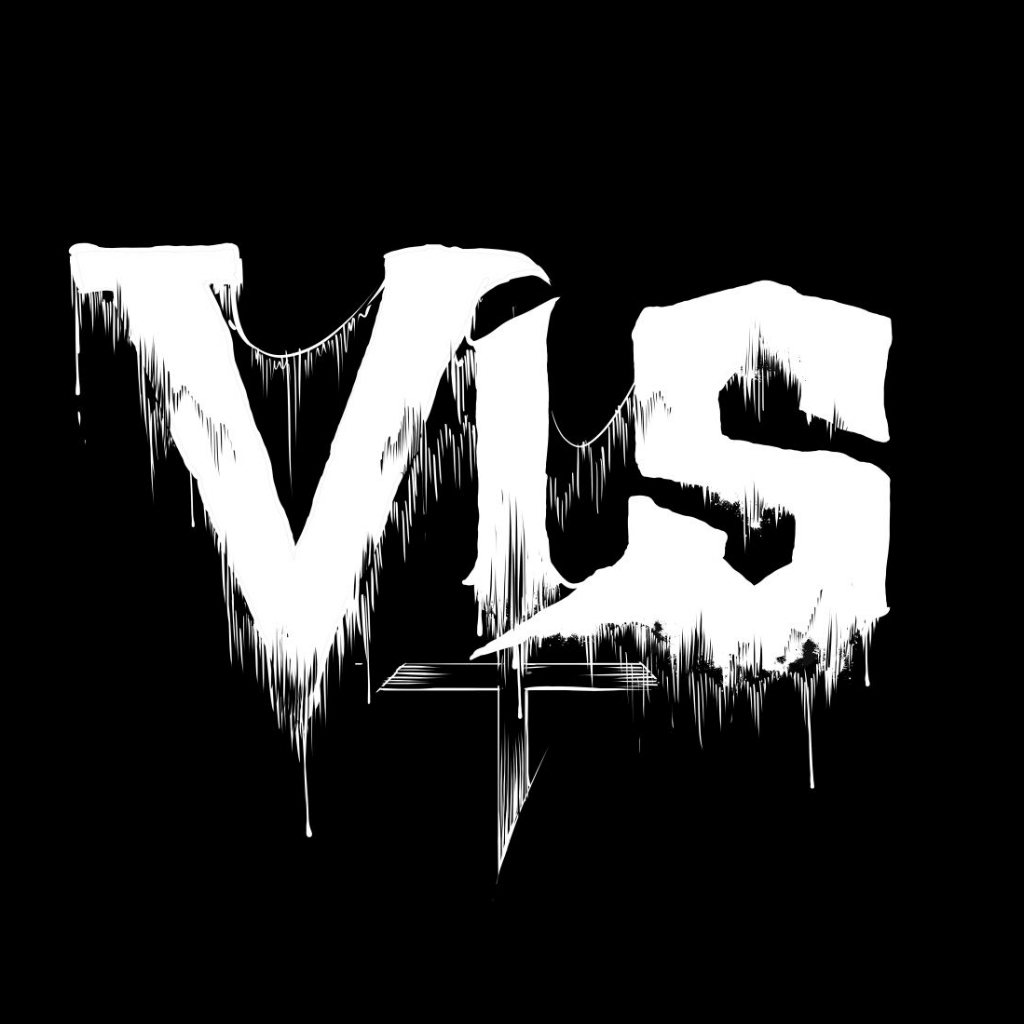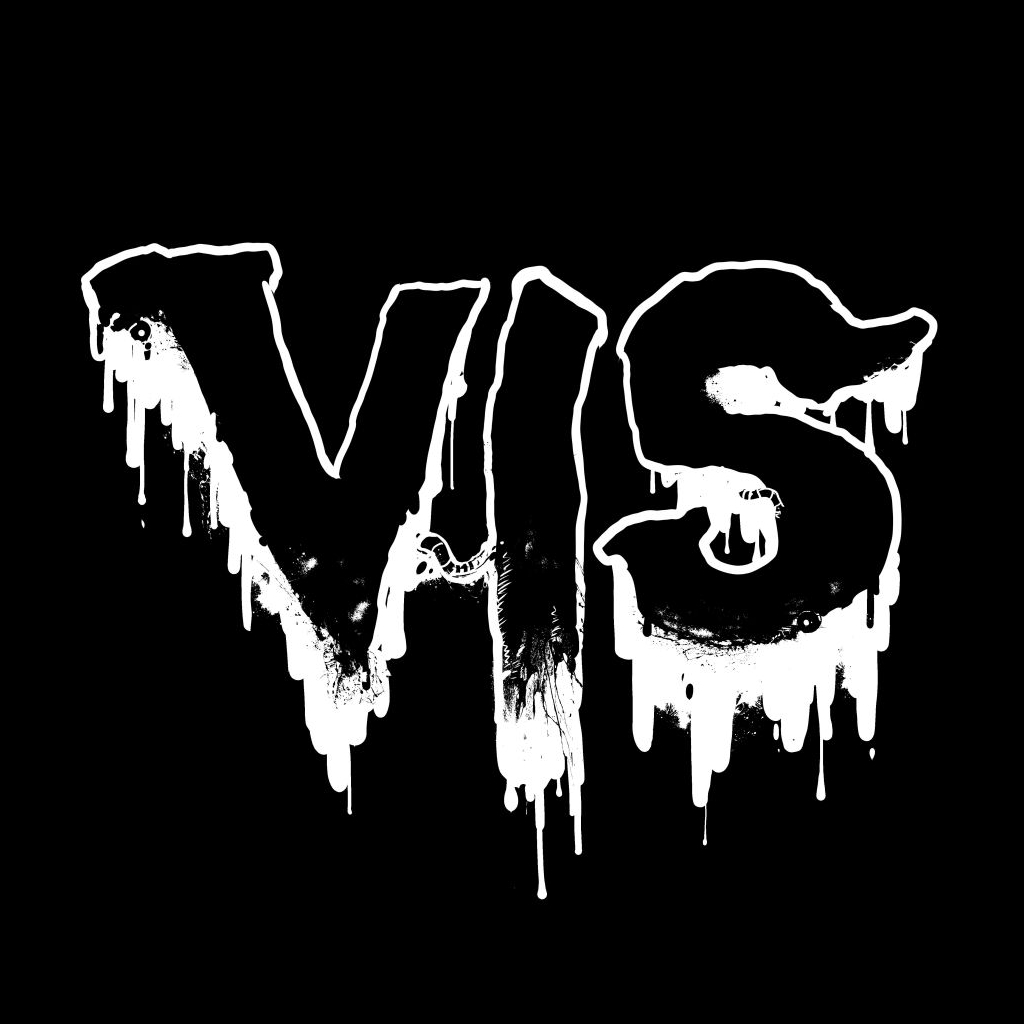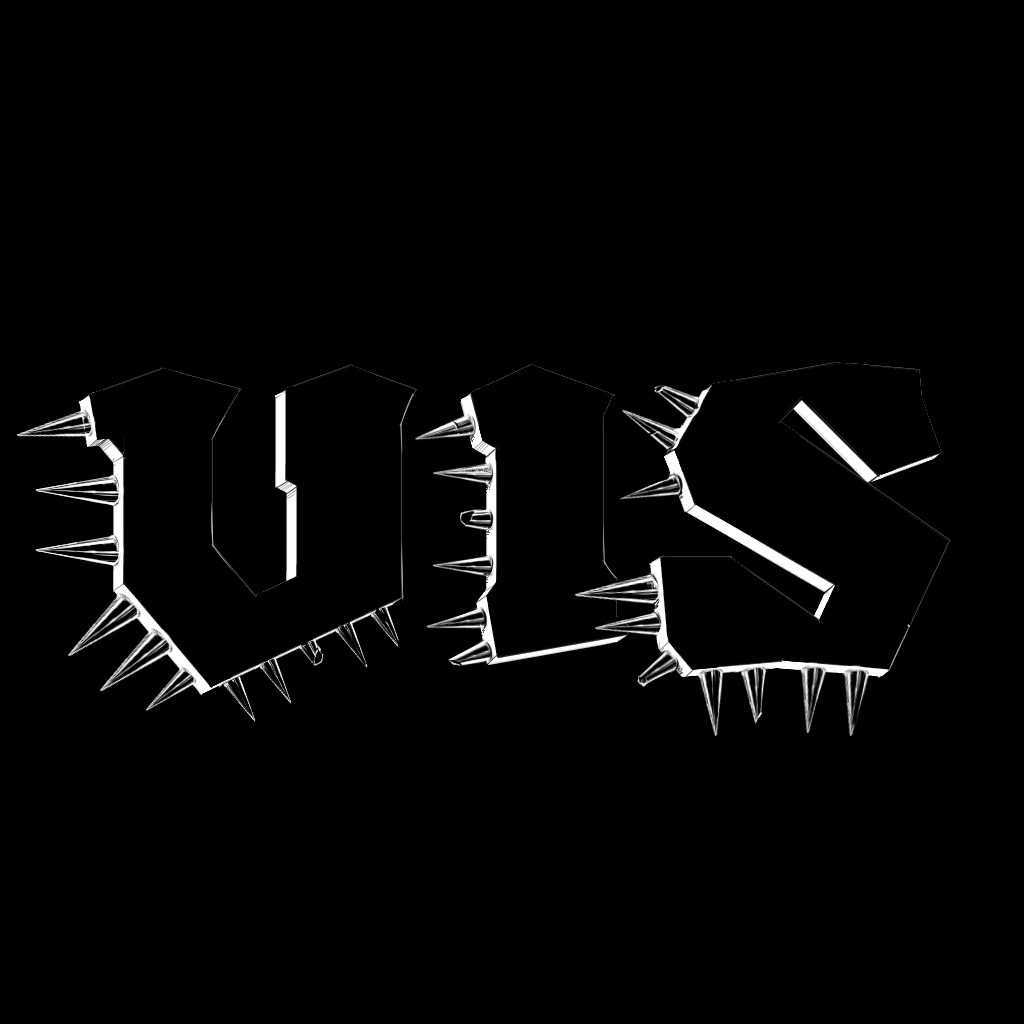When it comes to crossover genres, certain genres, or elements of them, are more likely to “crossover” than others. As it with fashion, so it is with Extreme Metal: Black goes with everything. Indeed, you can find bands that play Blackened Death (Akercocke, Angelcorpse, Belphegor), Blackened Death-Doom (Bölzer, Necros Christos, Soulburn), Blackened Speed (Bulldozer, Exorcist, Sodomizer), Blackened Thrash (Aura Noir, Deströyer 666, Witchery), Blackened Grindcore (Absvrdist, Sunlight’s Bane, Vomit Fist), Blackened Noise (Enbilulugugal, Gnaw Your Tongue, Sutekh Hexen), Blackened Sludge (Inter Arma, Lord Mantis, Tombs), the list goes on. This actually makes sense when you think about it.
Read more …
As has been said above, from the mid-1980s onward and especially in the early-1990s, Black Metal as a genre was obsessed with Satanic imagery in lyrics and therefore often used synonymously to "Satanic Metal" by fans and artists alike because to many of them it really was all about devil worship.1 Furthermore, a string of church arsons in Norway and incidents of grave robbery throughout Europe -- even in the heart of Heerlen, a small city in the south of the Netherlands --, were not unknown after the emergence of the scene, and all contributed to the cementing of the label and stereotype of "Satanic Metal" in the public conscience.
But of course, no genre holds or can hold a monopoly on the practice of Satanism or any religion. And indeed, plenty of musicians and artists outside of the Black Metal scene are (and have been) sort of interested and entrenched in these things. But the label has stuck, and so now we use the term "Blackened" a shorthand, or as an adjectival descriptor, for specific non-Black Metal bands and genres that deal on some level with the Occult.
This doesn't quite work with other genres. The term "Deathened," for example, isn't a generally accepted term. Which is not to say there are no Death Metal-influenced crossover genres; it's just that in these cases, "Death" is used as an adjective or as a limiting genitive. There's Death-Doom, for example, which can be considered as practically a genre in itself and which will be discussed below.
Update: I could be wrong here. I just googled it and, well -- one review at AngryMetalGuy.com talks about the Deathened Thrash of Morbid Saint and Thrashened Death of Morbid Angel.2 [The bold is mine, G.]
Another example would be Deathrash (The Crown, Legion of the Damned, Mortification). Here I'd say the crossover has more to do with music than the lyrical themes. What's more, one could even go so far as to claim that in this specific case, it's not so much a crossover from one genre to another but just a normal result of "genre-adjacency." After all, Death Metal didn't emerge in isolation, but developed in part out of Thrash in the mid-1980s, and so naturally some bands will fall somewhere on the spectrum between the two. Which is probably why you won't ever hear anyone use the term "Deathtrash."
And then there's Death 'n' Roll (The Cumshots, Entombed A.D., Helltrain), which combines Death Metal's trademark vocals and distorted and down-tuned guitars with elements of 1970s Hard Rock.
While “Blackened Death” may seem like a pleonasm, since black is associated with death in most occidental cultures (that’s western cultures, you dumbass), the genre divide between Black and Death Metal makes it so that we need a term by which to speak about bands that cross the divide; hence the term “Blackened Death.” This paragraph, however, is actually wholly redundant.

Blackened Death Metal is usually straight-up Death Metal, but with lyrics that deal with Satanism and the Occult. The logos reflect just that: often these are run-of-the-mill Death logos, with the only difference being the inclusion of, say, an inverted cross, a pentagram, or devil horns.
Some Blackened Death bands to check out:
- Angelcorpse
- Belphegor
- Vital Remains


Reference(s):
Take me back to the sample overview.


